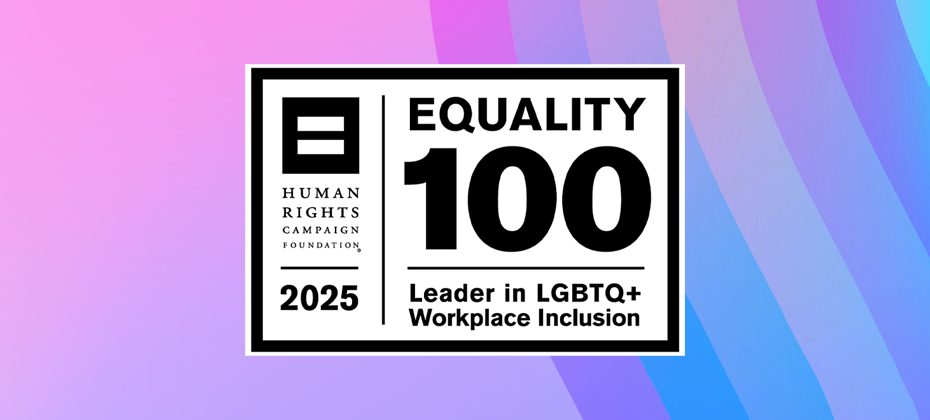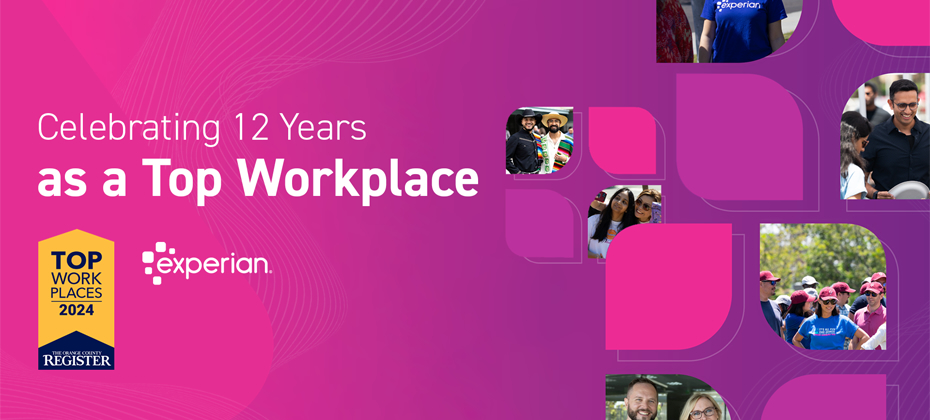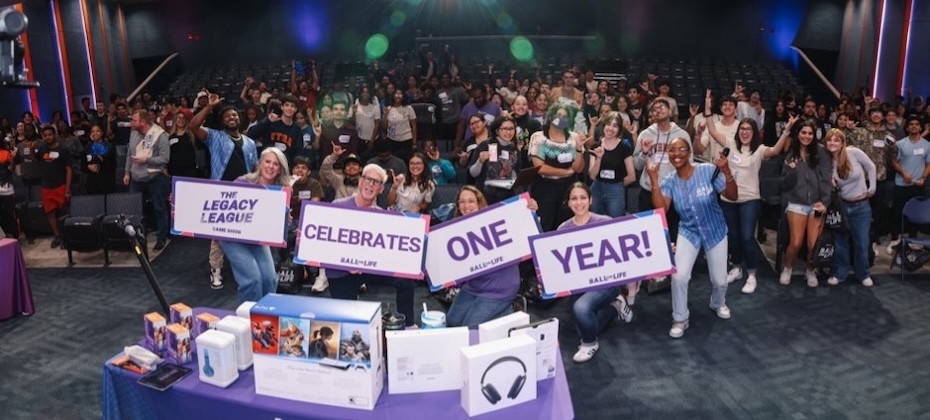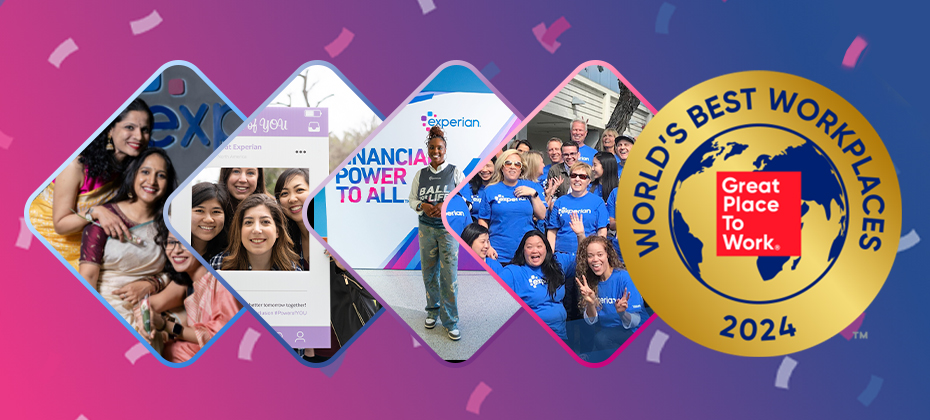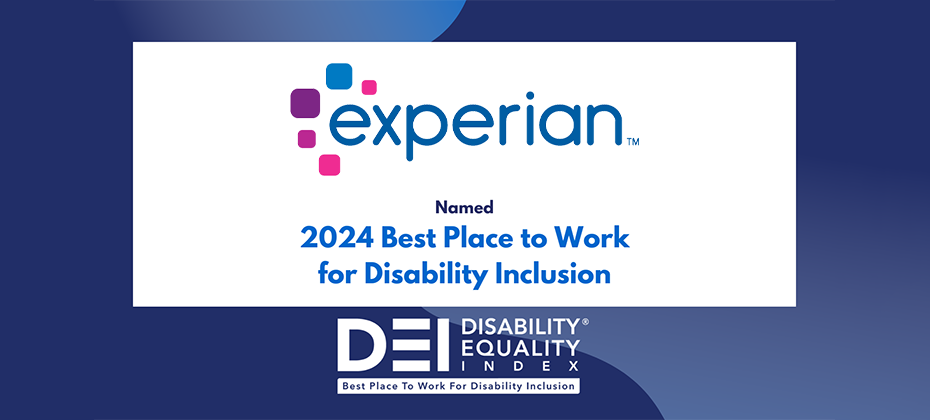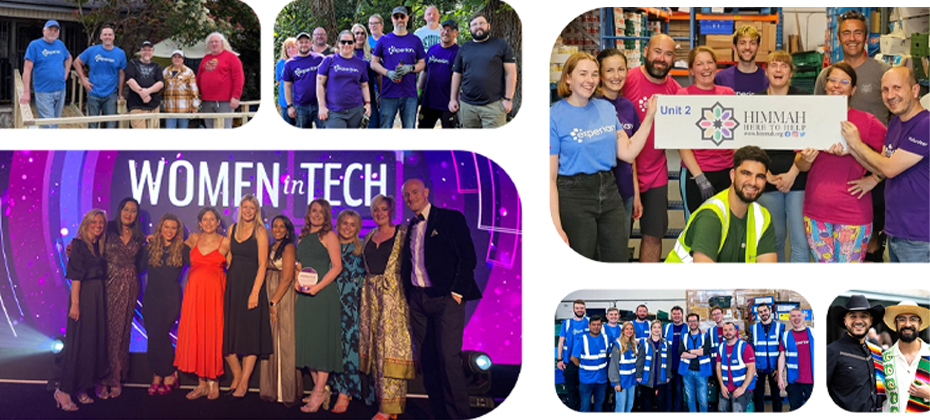At A Glance
At a Glance When an unknown printer took a galley of type and scrambled it to make a type 2ince the 1500s, when an unknown printer took a galley of type and scrambled it to make a type specimen book. It has survived not only five centuries, but also the leap into electronic typesetting, remaining essentially unchanged. It was popularised in the 1960s with the release ince the 1500s, when an unknown printer took a galley of type and scrambled it to make a type specimen book. It has survived not only five centuries, but also the leap into electronic typesetting, remaining essentially unchanged. It was popularised in the 1960s with the releaseince the 1500s, when an unknown printer took a galley of type and scrambled it to make a type specimen book. It has survived not only five centuries, but also the leap into electronic typesetting, remaining essentially unchanged. It was popularised in the 1960s with the releaseince the 1500s, when an unknown printer took a galley of type and scrambled it to make a type specimen book. It has survived not only five centuries, but also the leap into electronic typesetting, remaining essentially unchanged. It was popularised in the 1960s with the releaseince the 1500s, when an unknown printer took a galley of type and scrambled it to make a type specimen book. It has survived not only five centuries, but also the leap into electronic typesetting, remaining essentially unchanged. It was popularised in the 1960s with the release

at a glance Lorem Ipsum is simply dummy text of the printing and typesetting industry. Lorem Ipsum has been the industry's standard dummy text ever since the 1500s, when an unknown printer took a galley of type and scrambled it to make a type specimen book. It has survived not only five centuries, but also the leap into electronic typesetting, remaining essentially unchanged. It was popularised in the 1960s with the release of Letraset sheets containing Lorem Ipsum passages, and more recently with desktop publishing software like Aldus PageMaker including versions of Lorem Ipsum. Lorem Ipsum is simply dummy text of the printing and typesetting industry. Lorem Ipsum has been the industry's standard dummy text ever since the 1500s, when an unknown printer took a galley of type and scrambled it to make a type specimen book. It has survived not only five centuries, but also the leap into electronic typesetting, remaining essentially unchanged. It was popularised in the 1960s with the release of Letraset sheets containing Lorem Ipsum passages, and more recently with desktop publishing software like Aldus PageMaker including versions of Lorem Ipsum.Author test Lorem Ipsum is simply dummy text of the printing and typesetting industry. Lorem Ipsum has been the industry's standard dummy text ever since the 1500s, when an unknown printer took a galley of type and scrambled it to make a type specimen book. It has survived not only five centuries, but also the leap into electronic typesetting, remaining essentially unchanged. It was popularised in the 1960s with the release of Letraset sheets containing Lorem Ipsum passages, and more recently with desktop publishing software like Aldus PageMaker including versions of Lorem Ipsum.

The point of using Lorem Ipsum is that it has a more-or-less normal distribution of letters, as opposed to using 'Content here, content here', making it look like readable English. Many desktop publishing packages and web page editors now use Lorem Ipsum as their default model text, and a search for 'lorem ipsum' will uncover many web sites still in their infancy – Internet The point of using Lorem Ipsum is that it has a more-or-less normal distribution of letters, as opposed to using 'Content here, content here', making it look like readable English. Many desktop publishing packages and web page editors now use Lorem Ipsum as their default model text, and a search for 'lorem ipsum' will uncover many web sites still in their infancy-test The point of using Lorem Ipsum is that it has a more-or-less normal distribution of letters, as opposed to using 'Content here, content here', making it look like readable English. Many desktop publishing packages and web page editors now use Lorem Ipsum as their default model text, and a search for 'lorem ipsum' will uncover many web sites still in their infancy Related Posts Related Posts button button

Lorem Ipsum is simply dummy text of the printing and typesetting industry. Lorem Ipsum has been the industry's standard dummy text ever since the 1500s, when an unknown printer took a galley of type and scrambled it to make a type specimen book. It has survived not only five centuries, but also the leap into electronic typesetting, remaining essentially unchanged.Author one

Lorem Ipsum is simply dummy text of the printing and typesetting industry. Lorem Ipsum has been the industry's standard dummy text ever since the 1500s, when an unknown printer took a galley of type and scrambled it to make a type specimen book. It has survived not only five centuries, but also the leap into electronic typesetting, remaining essentially unchanged.Author one Lorem Ipsum is simply dummy text of the printing and typesetting industry. Lorem Ipsum has been the industry's standard dummy text ever since the 1500s, when an unknown printer took a galley of type and scrambled it to make a type specimen book. It has survived not only five centuries, but also the leap into electronic typesetting, remaining essentially unchanged.Author test

this is heading dalskjdsa kdlsakdjlksaj dlkas jdlkjas kldj sakldj lkasj dlksaj dlk jaskld heading1 dljaksdlksajdlldjslakdj lkdjsalkdjsalkdjlkasdkjsaldkjaslkdjksa heading 2 djahdlsajldkj salkdjsalkldkjsakl djlkjlkdaskld jlkjd lkasj dkljasld heading 3 dljasdlkjsadlk jaslkdj salkdjaslk djlkas jdklasj dlksaj dlkja skldj heading 4 ldksajdl asdlkajsdlkjasdlk jaslkdjlkjqklwdj lkq

Lorem ipsum dolor sit amet, consectetur adipiscing elit. Donec fringilla sapien eu diam hendrerit, sit amet vehicula mi ullamcorper. Vivamus volutpat, neque eget luctus ornare, nisl augue facilisis turpis, vitae varius lectus sapien luctus velit. Suspendisse tincidunt augue id arcu viverra, vulputate vulputate orci bibendum. Vivamus elit urna, ullamcorper vel posuere eu, accumsan ac neque. Proin interdum, magna non dictum rhoncus, massa eros posuere ligula, ut congue eros libero sed neque. Fusce iaculis metus eget tellus commodo sodales. Quisque tincidunt consequat pharetra. Quisque eget eleifend ligula. Vestibulum ante ipsum primis in faucibus orci luctus et ultrices posuere cubilia curae; Heading 2 Suspendisse consectetur eget libero vitae condimentum. Donec at porta dui, vitae pharetra nulla. Proin vulputate felis et bibendum lacinia. Pellentesque viverra, velit a efficitur feugiat, elit nisi efficitur odio, non commodo metus tortor nec enim. Fusce vitae iaculis massa, sit amet ullamcorper erat. Phasellus dictum volutpat nisi vitae facilisis. Ut dignissim egestas suscipit. Aenean pellentesque lacus at mattis hendrerit. Sed eu arcu ac odio varius facilisis. Icon Heading #1 Donec at porta dui, vitae pharetra nulla. Proin vulputate felis et bibendum lacinia. Icon Heading #2 Donec at porta dui, vitae pharetra nulla. Proin vulputate felis et bibendum lacinia. Icon Heading #3 Donec at porta dui, vitae pharetra nulla. Proin vulputate felis et bibendum lacinia. Icon Heading #4 Donec at porta dui, vitae pharetra nulla. Proin vulputate felis et bibendum lacinia. Lorem ipsum dolor sit amet, consectetur adipiscing elit. Donec fringilla sapien eu diam hendrerit, sit amet vehicula mi ullamcorper. Vivamus volutpat, neque eget luctus ornare, nisl augue facilisis turpis, vitae varius lectus sapien luctus velit. Suspendisse tincidunt augue id arcu viverra, vulputate vulputate orci bibendum. Vivamus elit urna, ullamcorper vel posuere eu, accumsan ac neque. Proin interdum, magna non dictum rhoncus, massa eros posuere ligula, ut congue eros libero sed neque. Fusce iaculis metus eget tellus commodo sodales. Quisque tincidunt consequat pharetra. Quisque eget eleifend ligula. Vestibulum ante ipsum primis in faucibus orci luctus et ultrices posuere cubilia curae; Suspendisse consectetur eget libero vitae condimentum. Donec at porta dui, vitae pharetra nulla. Proin vulputate felis et bibendum lacinia. Pellentesque viverra, velit a efficitur feugiat, elit nisi efficitur odio, non commodo metus tortor nec enim. Fusce vitae iaculis massa, sit amet ullamcorper erat. Phasellus dictum volutpat nisi vitae facilisis. Ut dignissim egestas suscipit. Aenean pellentesque lacus at mattis hendrerit. Sed eu arcu ac odio varius facilisis. Donec at porta dui, vitae pharetra nulla. Proin vulputate felis et bibendum lacinia. Donec at porta dui, vitae pharetra nulla. Proin vulputate felis et bibendum lacinia. Donec at porta dui, vitae pharetra nulla. Proin vulputate felis et bibendum lacinia. Lorem ipsum dolor sit amet, consectetur adipiscing elit. Donec fringilla sapien eu diam hendrerit, sit amet vehicula mi ullamcorper. Vivamus volutpat, neque eget luctus ornare, nisl augue facilisis turpis, vitae varius lectus sapien luctus velit. Suspendisse tincidunt augue id arcu viverra, vulputate vulputate orci bibendum. Vivamus elit urna, ullamcorper vel posuere eu, accumsan ac neque. Proin interdum, magna non dictum rhoncus, massa eros posuere ligula, ut congue eros libero sed neque. Fusce iaculis metus eget tellus commodo sodales. Quisque tincidunt consequat pharetra. Quisque eget eleifend ligula. Vestibulum ante ipsum primis in faucibus orci luctus et ultrices posuere cubilia curae; Suspendisse consectetur eget libero vitae condimentum. Donec at porta dui, vitae pharetra nulla. Proin vulputate felis et bibendum lacinia. Pellentesque viverra, velit a efficitur feugiat, elit nisi efficitur odio, non commodo metus tortor nec enim. Fusce vitae iaculis massa, sit amet ullamcorper erat. Phasellus dictum volutpat nisi vitae facilisis. Ut dignissim egestas suscipit. Aenean pellentesque lacus at mattis hendrerit. Sed eu arcu ac odio varius facilisis.

Many desktop publishing packages and web page editors now use Lorem Ipsum as their default model text, and a search for 'lorem ipsum' will uncover many web sites still in their infancy. Many desktop publishing packages and web page editors now use Lorem Ipsum as their default model text, and a search for 'lorem ipsum' will uncover many web sites still in their infancy. Many desktop publishing packages and web page editors now use Lorem Ipsum as their default model text, and a search for 'lorem ipsum' will uncover many web sites still in their infancy. Managing Holiday Debt the Smart Way Many desktop publishing packages and web page editors now use Lorem Ipsum as their default model text, and a search for 'lorem ipsum' will uncover many web sites still in their infancy.Many desktop publishing packages and web page editors now use Lorem Ipsum as their default model text, and a search for 'lorem ipsum' will uncover many web sites still in their infancy.Many desktop publishing packages and web page editors now use Lorem Ipsum as their default model text, and a search for 'lorem ipsum' will uncover many web sites still in their infancy.Many desktop publishing packages and web page editors now use Lorem Ipsum as their default model text, and a search for 'lorem ipsum' will uncover many web sites still in their infancy. Many desktop publishing packages and web page editors now use Lorem Ipsum as their default model text, and a search for 'lorem ipsum' will uncover many web sites still in their infancy.Many desktop publishing packages and web page editors now use Lorem Ipsum as their default model text, and a search for 'lorem ipsum' will uncover many web sites still in their infancy.Many desktop publishing packages and web page editors now use Lorem Ipsum as their default model text, and a search for 'lorem ipsum' will uncover many web sites still in their infancy.Many desktop publishing packages and web page editors now use Lorem Ipsum as their default model text, and a search for 'lorem ipsum' will uncover many web sites still in their infancy.Many desktop publishing packages and web page editors now use Lorem Ipsum as their default model text, and a search for 'lorem ipsum' will uncover many web sites still in their infancy. Many desktop publishing packages and web page editors now use Lorem Ipsum as their default model textThe Marketing Guy The Marketing Guy speaks the truth Many desktop publishing packages and web page editors now use Lorem Ipsum as their default model text, and a search for 'lorem ipsum' will uncover many web sites still in their infancy.Many desktop publishing packages and web page editors now use Lorem Ipsum as their default model text, and a search for 'lorem ipsum' will uncover many web sites still in their infancy.Many desktop publishing packages and web page editors now use Lorem Ipsum as their default model text, and a search for 'lorem ipsum' will uncover many web sites still in their infancy. Guess That Credit Score Many desktop publishing packages and web page editors now use Lorem Ipsum as their default model text, and a search for 'lorem ipsum' will uncover many web sites still in their infancy.Many desktop publishing packages and web page editors now use Lorem Ipsum as their default model text, and a search for 'lorem ipsum' will uncover many web sites still in their infancy.Many desktop publishing packages and web page editors now use Lorem Ipsum as their default model text, and a search for 'lorem ipsum' will uncover many web sites still in their infancy. Check out the latest post Heading here Updated the Colombia blog footer to ensure links are pointing to the correct pages Heading 2 here Updated the Colombia blog footer to ensure links are pointing to the correct pages Heading 3 here Updated the Colombia blog footer to ensure links are pointing to the correct pages Icon 1 Many desktop publishing packages and web page editors now use Lorem Ipsum as their default model text, and a search for 'lorem ipsum' will uncover many web sites still in their infancy. Icon 2 Many desktop publishing packages and web page editors now use Lorem Ipsum as their default model text, and a search for 'lorem ipsum' will uncover many web sites still in their infancy. Icon 3 Many desktop publishing packages and web page editors now use Lorem Ipsum as their default model text, and a search for 'lorem ipsum' will uncover many web sites still in their infancy. Many desktop publishing packages and web page editors now use Lorem Ipsum as their default model text, and a search for 'lorem ipsum' will uncover many web sites still in their infancy. Test Button This is a pull quoteThis is test This is a heading Many desktop publishing packages and web page editors now use Lorem Ipsum as their default model text, and a search for 'lorem ipsum' will uncover many web sites still in their infancy. Test 1 Test 2 Test 3 It was popularised in the 1960s with the release of Letraset sheets containing Lorem Ipsum passages, and more recently with desktop publishing software like Aldus PageMaker including versions of Lorem Ipsum.Experian

Heading 1 Many desktop publishing packages and web page editors now use Lorem Ipsum as their default model text, and a search for 'lorem ipsum' will uncover many web sites still in their infancy. Various versions have evolved over the years, sometimes by accident, sometimes on purpose (injected humour and the like). Heading 2 Many desktop publishing packages and web page editors now use Lorem Ipsum as their default model text, and a search for 'lorem ipsum' will uncover many web sites still in their infancy. Various versions have evolved over the years, sometimes by accident, sometimes on purpose (injected humour and the like). Heading 3 Many desktop publishing packages and web page editors now use Lorem Ipsum as their default model text, and a search for 'lorem ipsum' will uncover many web sites still in their infancy. Various versions have evolved over the years, sometimes by accident, sometimes on purpose (injected humour and the like). Heading 4 Many desktop publishing packages and web page editors now use Lorem Ipsum as their default model text, and a search for 'lorem ipsum' will uncover many web sites still in their infancy Test 1 Lorem Ipsum has been the industry's standard dummy text ever since the 1500s, when an unknown printer took a galley of type and scrambled it to make a type specimen book. It has survived not only five centuries, but also the leap into electronic typesetting, remaining essentially unchanged Test 2 Lorem Ipsum has been the industry's standard dummy text ever since the 1500s, when an unknown printer took a galley of type and scrambled it to make a type specimen book. Test3 Lorem Ipsum has been the industry's standard dummy text ever since the 1500s, when an unknown printer took a galley of type and scrambled it to make a type specimen book. It has survived not only five centuries, but also the leap into electronic typesetting, remaining essentially unchanged Test 4 Lorem Ipsum has been the industry's standard dummy text ever since the 1500s, when an unknown printer took a galley of type and scrambled it to make a type specimen book. Icon 1 Lorem Ipsum has been the industry's standard dummy text ever since the 1500s, when an unknown printer took a galley of type and scrambled it to make a type specimen book. It has survived not only five centuries, but also the leap into electronic typesetting, remaining essentially unchanged Icon 2 Lorem Ipsum has been the industry's standard dummy text ever since the 1500s, when an unknown printer took a galley of type and scrambled it to make a type specimen book. It has survived not only five centuries, but also the leap into electronic typesetting, remaining essentially unchanged Icon 3 Lorem Ipsum has been the industry's standard dummy text ever since the 1500s, when an unknown printer took a galley of type and scrambled it to make a type specimen book. It has survived not only five centuries, but also the leap into electronic typesetting, remaining essentially unchanged Icon 4 Lorem Ipsum has been the industry's standard dummy text ever since the 1500s, when an unknown printer took a galley of type and scrambled it to make a type specimen book. It has survived not only five centuries, but also the leap into electronic typesetting, remaining essentially unchanged
